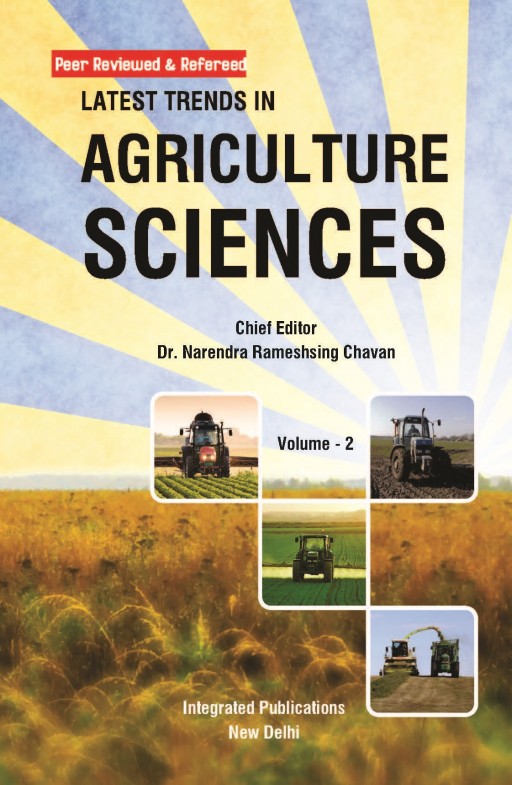Impact of Integrated Nutrient Management on Rice Productivity


Soil acts as the natural media for growth of plants. In soil, various essential plant nutrients either naturally blessed or maintained artificially which play major role in determination of success or failure of any crop. As the Indian population is growing much faster, we must produce enough food to meet the requirements of every person. Presently, the crucial need is to achieve significantly higher crop yield. But this goal should not be achieved without sustainable approach. A higher yield targeted sustainable crop production system is unbalanced if crops only remove nutrients without any artificial application to the soil. Rice is a major crop grown worldwide and staple food for 2.7 billion people which is almost half the world’s population. Indian two third population depends upon rice. The productivity of rice is low due to interaction of various factors. After green revolution in India, farmers judiciously using High yielding varieties (HYVs) and inorganic fertilizers which exhausted soil health. The continuous use of inorganic fertilizers resulted in decline of soil fertility. One of the key factors responsible for the low rice productivity is imbalance usage of fertilizers. Mostly Indian farmers have small land holdings and are poor, so they apply more and more fertilizers every year to obtain the higher yield. This imbalanced use ultimately resulted in soil fertility declination. Organic manures slowly release the nutrients and help to improve soil health. Organic manures are good alternative to achieve higher rice yields on sustainable basis. But it is, however, impossible to meet rice crop nutrient requirements with use of only bulky organic manure. Hence, the best approach is a combined application of both organic and chemical fertilizers for supporting the desired crop productivity. Integrated nutrient management (INM) not only improves soil fertility but also enhance crop productivity. Research findings studied in this book chapter supports integrated nutrient management through combined application of organic as well as inorganic sources of fertilizers for sustainable rice productivity and soil nutritional status.